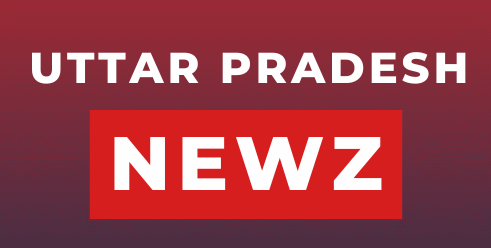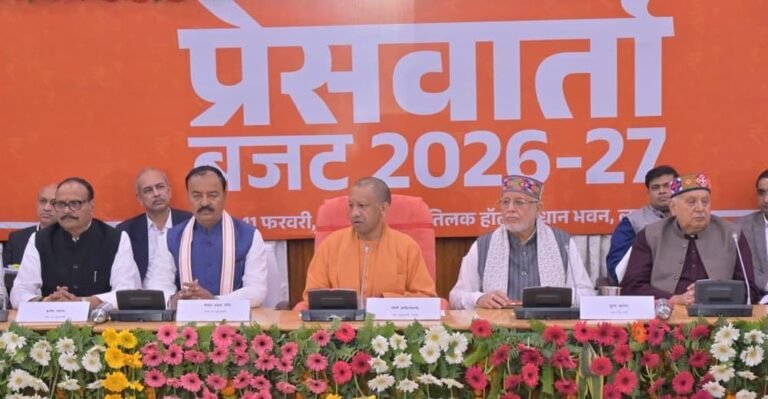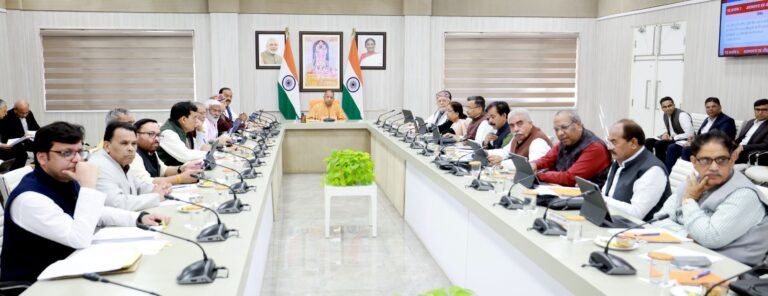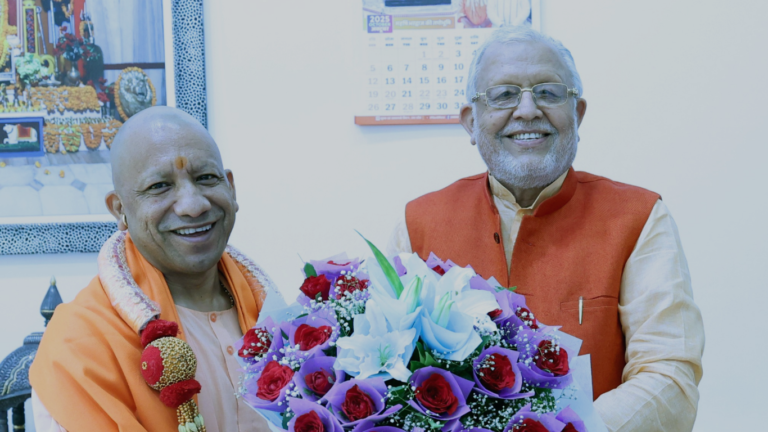
Varanasi – Banaras Hindu University (BHU), a cornerstone of academic excellence in India, is under scrutiny after four Members of Parliament (MPs) submitted 40 questions to its Central Office. These questions, focusing on the Vice-Chancellor’s emergency powers under Section 7C(5) of the BHU Act, the formation of the Executive Council (EC), appointments, promotions, academic activities, and recent protests, have sparked intense discussion in Varanasi. The Central Office is now working to prepare detailed responses, as confirmed by university sources, amid growing attention on BHU’s administrative and academic practices.
The Questions and Their Context
The MPs, whose identities remain undisclosed, have targeted critical aspects of BHU’s functioning. According to the BHU Act, Section 7C(5), the Vice-Chancellor has emergency powers to take immediate action when necessary, reporting such decisions for approval at the next meeting of the relevant authority, typically the Executive Council. The questions reportedly probe how Acting Vice-Chancellor Prof. Sanjay Kumar, who assumed the role after Prof. Sudhir K. Jain’s retirement on January 7, 2025, has used these powers. Specific inquiries include whether these powers were exercised to address delays in forming the Executive Council, which lapsed in July 2021 and was only reconstituted on July 24, 2025, after a four-year gap.
The absence of the Executive Council, the supreme executive governing body responsible for major administrative decisions, has been a contentious issue. The MPs are seeking clarity on why the council was not formed earlier and how the Vice-Chancellor’s emergency powers were used to manage appointments, promotions, and academic decisions in its absence. Sources indicate that questions also cover recent protests over hostel facilities, research admission delays, and faculty recruitment, reflecting student and faculty concerns about transparency and efficiency.
BHU’s Response and Challenges
BHU’s Central Office is compiling responses, with a team led by senior officials coordinating with departments to ensure accuracy. “We are addressing each question thoroughly to uphold transparency,” a university spokesperson said. The responses are expected to be submitted to the parliamentary committee soon, though no official timeline has been shared. The scrutiny comes at a sensitive time, as BHU navigates its transition under an acting Vice-Chancellor while awaiting a permanent appointment.
The prolonged absence of the Executive Council has drawn criticism. A 2024 report highlighted that the university repeatedly requested the Ministry of Education to reconstitute the council, but delays forced the Vice-Chancellor to rely on emergency powers for critical decisions. Faculty members, like Prof. Om Shankar from IMS-BHU, have expressed concern that the lack of a permanent Vice-Chancellor and Executive Council hampers policy decisions, faculty recruitment, and academic development.
Protests and Political Undercurrents
The MPs’ questions also address recent protests, which have been a recurring issue at BHU. Students have raised concerns about hostel shortages, delays in research admissions, and administrative inefficiencies. Historical protests, such as those in 2017 over eve-teasing and in 2019 over a faculty appointment, have fueled perceptions of BHU as a hotbed of unrest. The questions likely probe how the Vice-Chancellor’s emergency powers were used to manage these situations and whether they aligned with the BHU Act’s provisions.
Varanasi’s status as Prime Minister Narendra Modi’s constituency adds a political dimension. Congress leaders, including state president Ajay Rai, recently criticized alleged political interference in BHU’s Executive Council appointments, raising concerns about the university’s autonomy. The MPs’ inquiries may reflect these tensions, seeking to ensure that administrative decisions prioritize academic integrity over political influence.
Looking Ahead
As BHU prepares its responses, the outcome could shape its administrative and academic future. The parliamentary committee may use the answers to recommend reforms, potentially influencing the appointment of a permanent Vice-Chancellor and future funding. BHU’s recent achievements, like its students’ success at the Central Zone Youth Festival and new programs under the National Education Policy, highlight its potential, but addressing administrative gaps remains critical.
The focus on Section 7C(5) and the Executive Council’s formation underscores the need for transparent governance. With the council now reconstituted, BHU has an opportunity to strengthen its decision-making processes. For now, the university and Varanasi residents await the Central Office’s responses, hoping they will pave the way for a more efficient and inclusive BHU.



